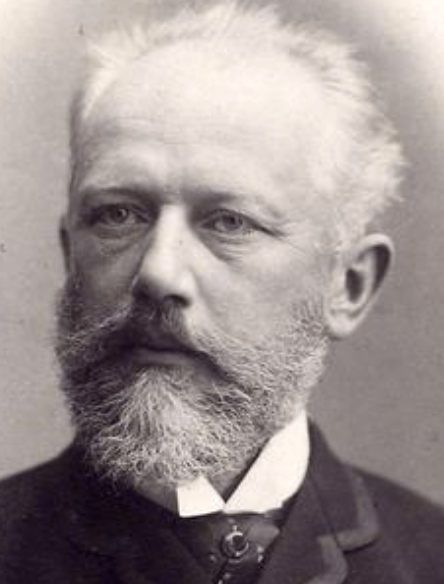On this date in 1840, Pyotr “Peter” Ilyich Tchaikovsky was born in Votkinsk, Russia. A musical prodigy, he started piano lessons at age 5. Although he was initially educated as a civil servant, studied law and was appointed to the Ministry of Justice in 1859, Tchaikovsky jettisoned that career, studying music for three years at the St. Petersburg Conservatory with Anton Rubenstein, Nikolai Zaremba and other teachers.
This prolific and most lyrical of the classical composers wrote “Romeo and Juliet” (1869), “Piano Concerto in B Flat Minor” (1875), “Swan Lake” (1876), “The Year 1812, Solemn Overture” (aka the “1812 Overture,” 1880), “The Sleeping Beauty” (1890), “The Nutcracker” (1892) and “Symphony No. 6 in B Minor” (“Pathetique,” 1893).
His letters show an interest in religious questions, which, according to freethought encyclopedist Joseph McCabe, gravitated toward agnosticism by the end of his life. Tchaikovsky’s homosexuality, which made him a “transgressor” in the 19th century, may have played a role in his religious migration. (D. 1893)


